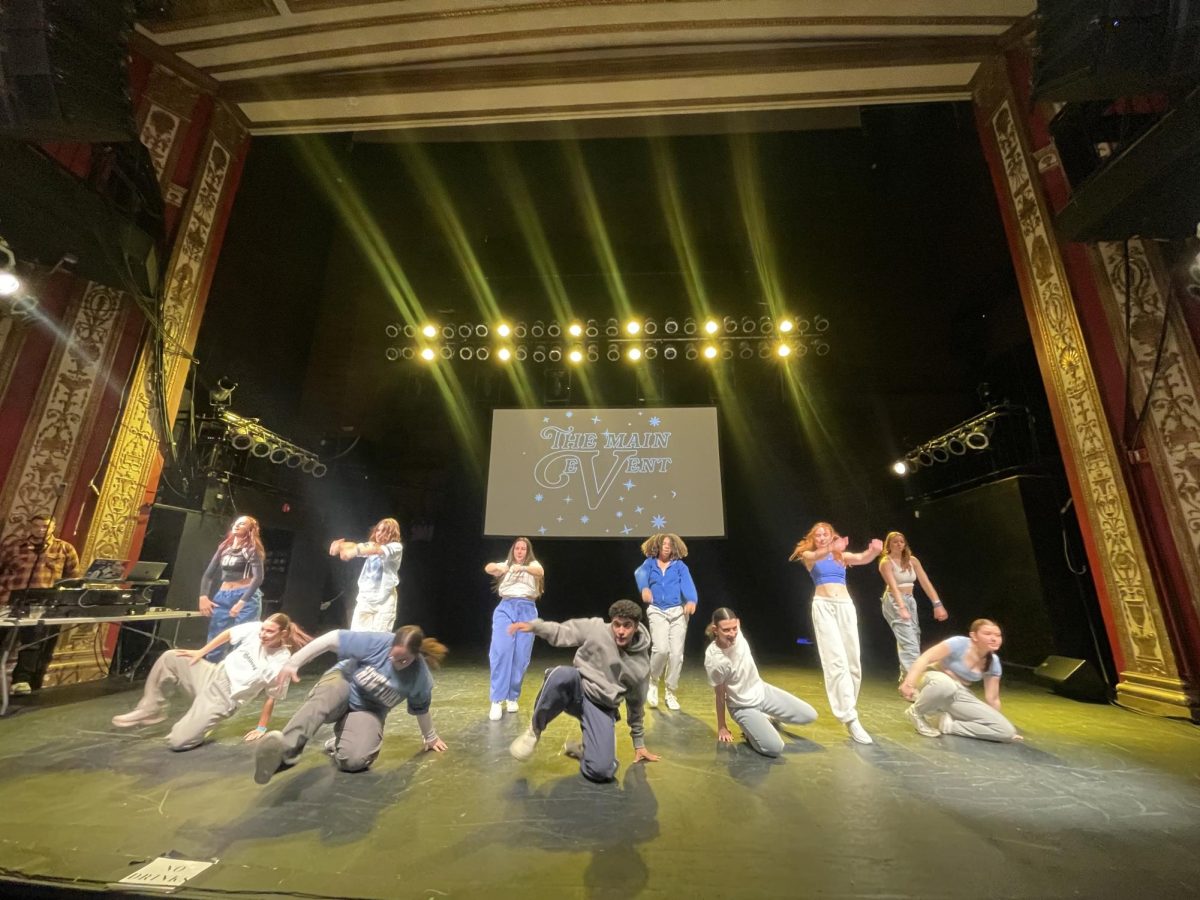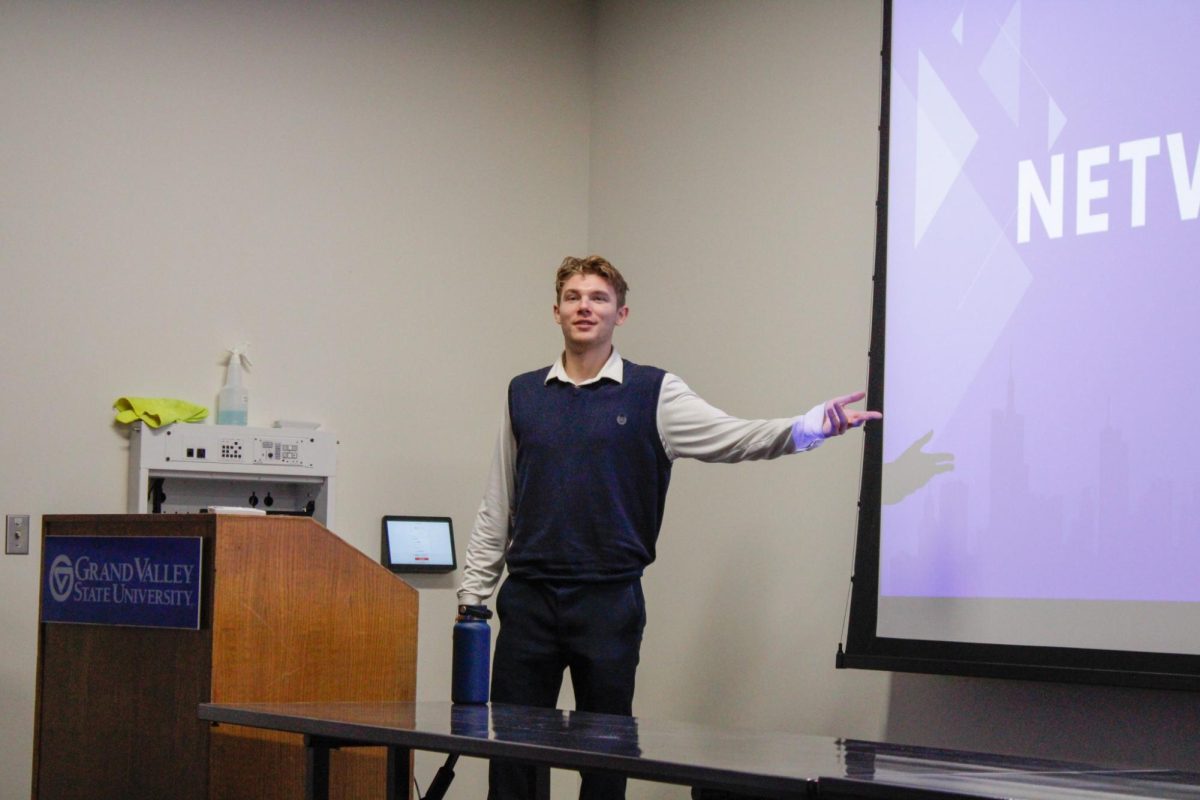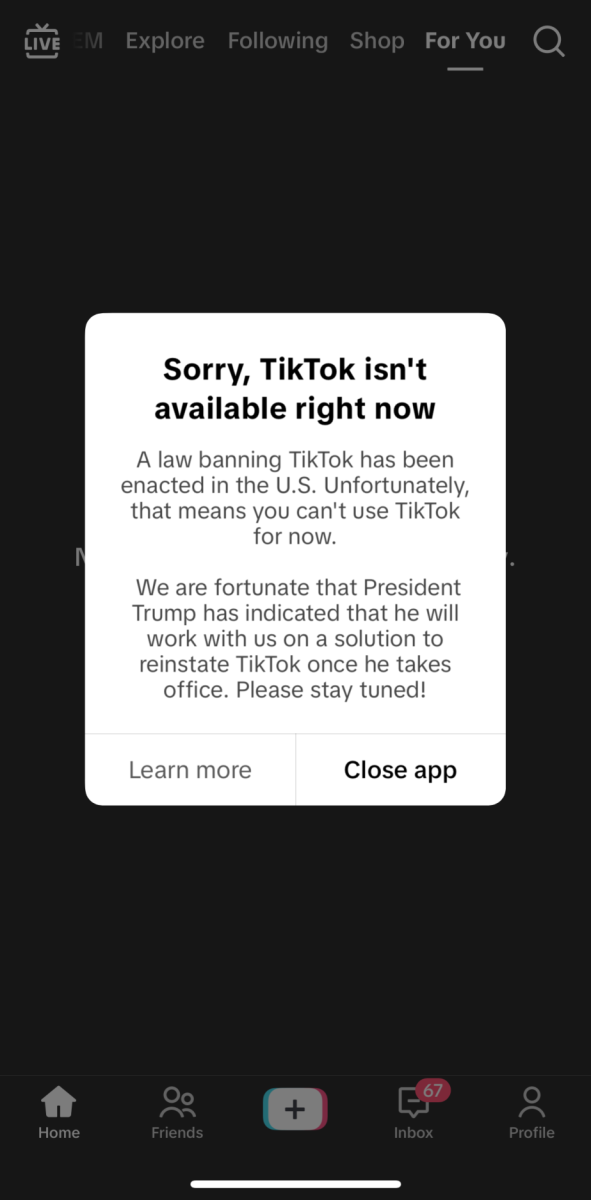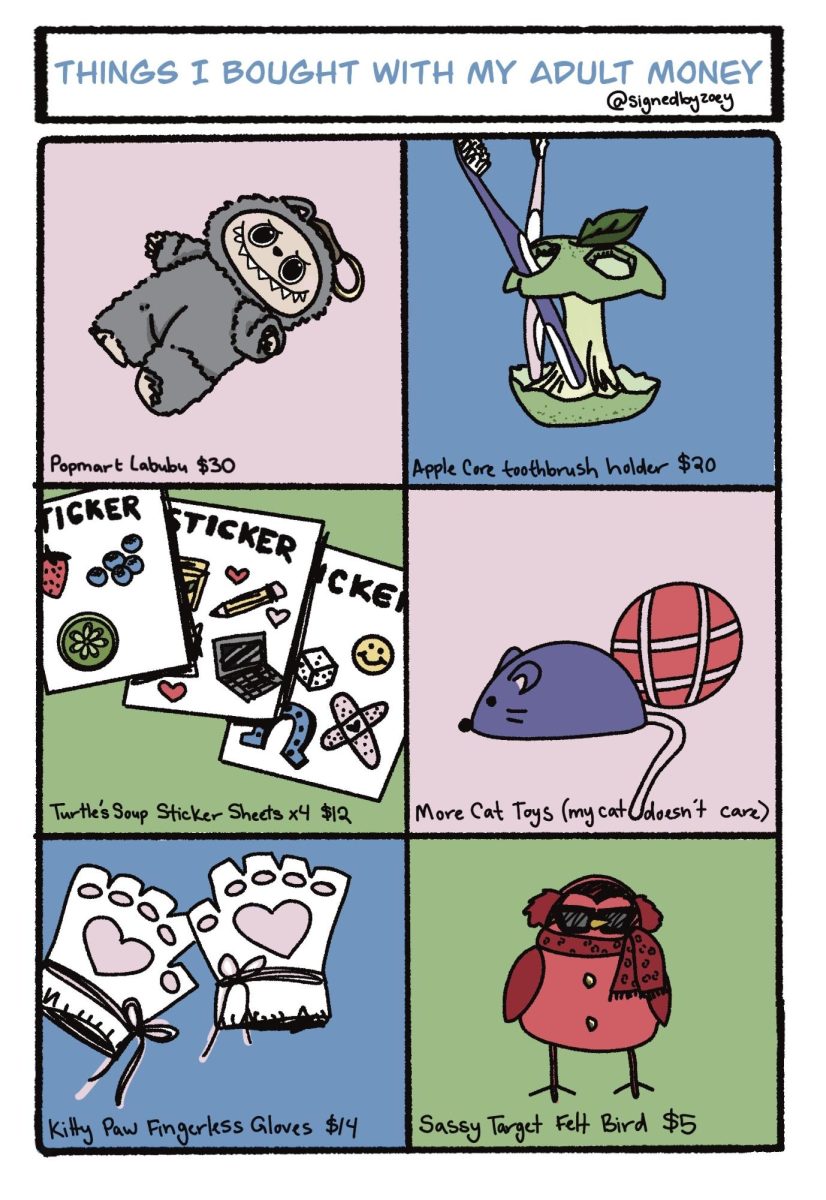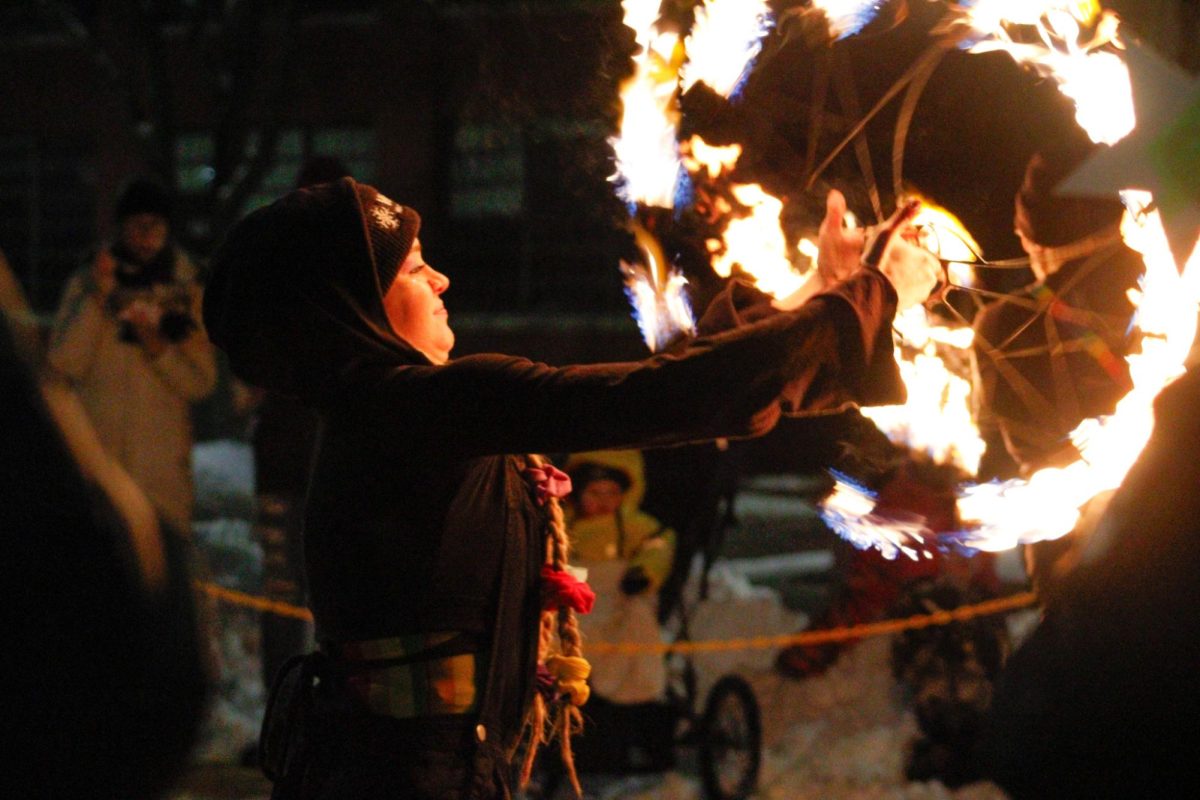Column: Stop making excuses for Kanye West’s antisemitism
Oct 31, 2022
“Kanye is right about the Jews,” read a large banner hung above a popular highway in Los Angeles, California, earlier this week. The people standing by the banner do none other than the nazi saltue.
As Kanye West’s recent and past antisemitic comments are gaining attention across the internet, a conversation about antisemitism is happening nationwide.
About two weeks ago, Kanye posted to Twitter saying, “I’m a bit sleepy tonight but when I wake up I’m going death con 3 On JEWISH PEOPLE,” along with an offensive comment about a Jewish “agenda.”
His antisemitic comments are not just being posted on his twitter, though. Kanye’s hateful and disgusting remarks have been spreading over various media platforms for years.
Interviews and social media posts from “Ye” have given neo-nazis another excuse to show their true colors, for example drawing swastikas, committing hateful crimes and hanging banners like the one spotted in Los Angeles.
This kind of hate is constantly undermined and ignored by non-Jews, despite how common these occurrences are.
The FBI reported that in 2018, 57.8 percent of religious hate crimes were anti-Jewish crimes (FBI, 2019). That means over half of religious hate crimes in total for that year were against Jewish people.
Too often, we see people ignoring these statistics and excusing antisemitic hate like that of which has been spread by Kanye.
“He’s mentally ill, he doesn’t really mean that,” or “He’s a great music artist, he just says some bad things,” people say in regards to his prejudice and offensive comments.
These are just some of many remarks I have heard from not only several of my peers, but even a professor at GVSU.
While it’s important to acknowledge Kanye’s mental health, it’s also important to understand that it’s not something we can use to excuse hateful behavior. Mental health is just as valid and consequential as physical health, and it should be taken seriously, but it should never allow discrimination and hate to be spread with no consequences.
It is exhausting hearing non-Jews forgiving something as serious as Hitler’s ideology just because their favorite celebrity said it, especially when they have no place to do so.
Over the past few years, we saw a nationwide increase in antisemitic crimes. There was a 34% increase from 2020 to 2021 in these disgusting occurrences, including shootings at synagogues, harassment of Jewish individuals, antisemitic graffiti and more.
In December 2021, four people were held hostage inside Congregation Beth Israel synagogue in Colleyville, Texas. The gunman interrupted a religious service at the synagogue with a gun and held these four innocent people, including a rabbi, hostage. Finally, over 10 hours later, the FBI stormed in to take action and free the citizens.
Kanye’s recent actions have made people angry, but why is the public not exasperated by so many other incidents? Why does the public continue to minimize the effects of antisemitism and how prominent it remains today?
The Holocaust took place only about 80 years ago, which is much more recent than people realize. Antisemitism is not fed by just famous public figures like Kanye; it is still continuously occurring today from regular people, political figures and other celebrities with power.
A study by The Guardian on millennial and Gen Z people, aged 18-39, revealed that 23% of people in these age groups think that the Holocaust was a myth.
The lack of knowledge about the Holocaust and the lack of care for the detrimental effects of this terrible event is something that contributes to antisemitism today, and often leads people to excuse hateful behavior.
6 million Jewish people were brutally murdered, tortured, starved and shoved in gas chambers to die less than 100 years ago. Haven’t my people endured enough?
While it feels like America is now starting to pay more attention to antisemitic crimes, this is still just the beginning.
Thankfully, Kanye has been dropped from various brand deals, including Adidas, GAP and Balenciaga in response to his antisemitic comments. But this does not mean the fight is over.
Like any issue regarding different kinds of racism and discrimination, it is important to pay attention to what is happening around you. Listen to your Jewish peers when they say something is wrong. Do not minimize the effects of these hate crimes and discriminative words just because you do not completely understand them. And lastly, stand with us.





